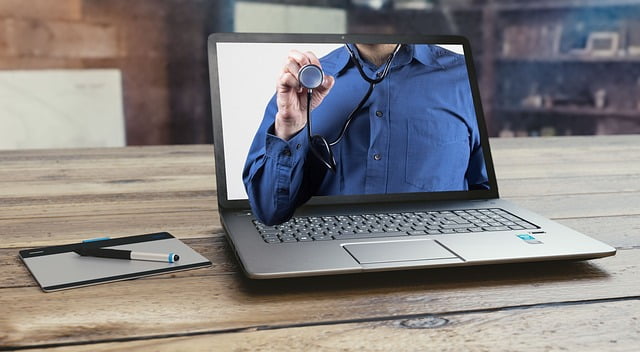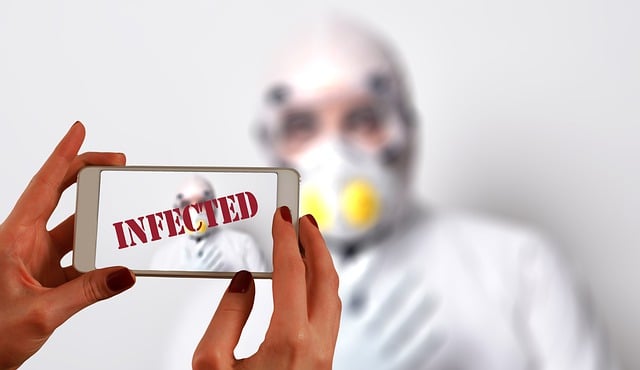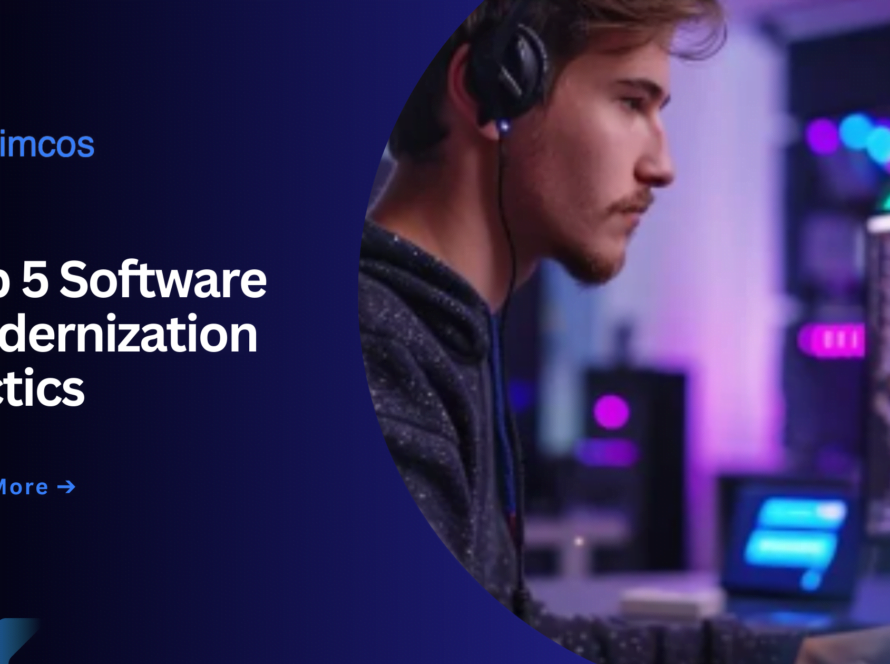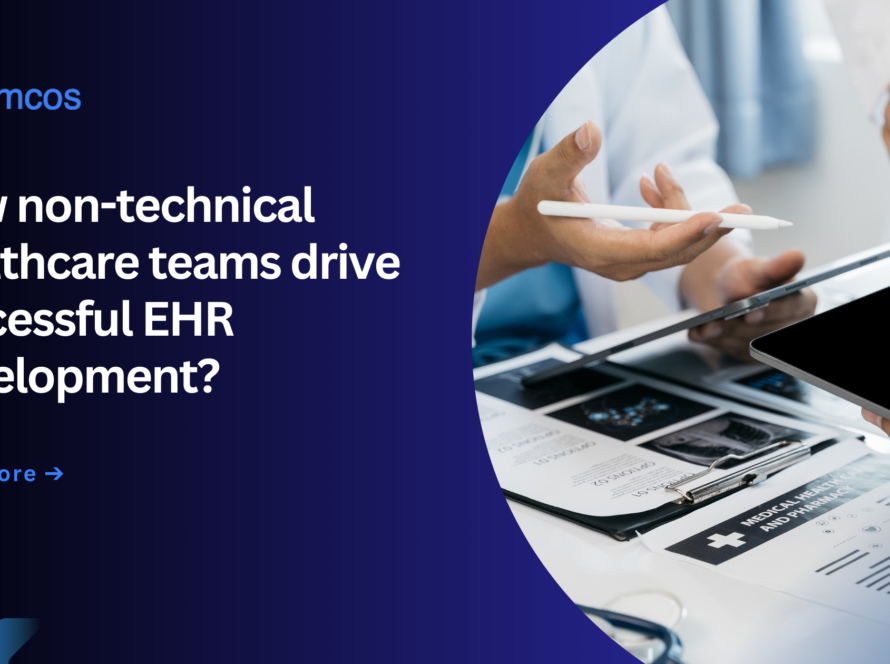Health tracking apps are redefining how healthcare is managed, offering transformative benefits for both patients and healthcare providers. For owner-led businesses, especially in healthcare settings, these apps enhance patient care by providing real-time monitoring of vital signs, improving engagement and streamlining data management. These digital tools enable continuous tracking of health metrics such as heart rate, blood pressure and glucose levels, allowing for timely interventions and personalized care.
By integrating health tracking apps into hospital operations, owner-led businesses improve patient outcomes through early detection of potential issues, efficient data management and tailored treatment plans. This technological integration supports proactive health management and boosts overall operational efficiency, making it a valuable asset in modern healthcare. The shift towards using these apps not only elevates the standard of care but also fosters a more engaged and informed patient base, ultimately driving better health outcomes and operational success.
Table of Contents

What are health tracking apps ?
Health tracking apps are services or digital devices for monitoring different health indicators: physical activity, heartbeats, sleep and food habits, etc. For owner-led businesses, these apps provide a practical route to employee wellness and productivity enhancement. For example, an owner of some business starts a company-wide initiative using one of the popular apps, like Fitbit or Apple Health. The employees will be able to track their steps, set goals to fitness and engage in competitions for fun. This will result in healthier living, reduced absenteeism and increased rates of morale.
Besides, apps like MyFitnessPal provide the opportunity for employees to follow their diets by recording their meals and tracking their nutritional intake for better well-being and energetic levels. When implemented, such tools create a nurturing and health-conscious working environment that finally yields business success. Integrating health tracking apps into their programs is a commitment owners show their team toward people’s well-being through excellence in employee satisfaction and retention.
Need of health tracking apps in hospitals ?
In the hospitals’ operations, health tracking app integration supports patient care with clinical effectiveness. These are digital tools integrating improved patient monitoring and engagement with data management, which ensure the early detection of issues and great health outcomes—the benefits characteristic of these tools are immense to the patients and healthcare staff.
• Patient Monitoring
Health tracking apps provide continuous monitoring of vital signs and health metrics such as heart rate, blood pressure and blood glucose levels. This constant stream of data helps healthcare providers keep a close watch on patient conditions, allowing for timely interventions and adjustments to treatment plans, ultimately improving patient care and safety.
• Improved Patient Engagement
These applications provide means with which the patients are involved in their care, either by monitoring their activities, medication-taking behavior, or the progression of the symptoms. This involvement increases the level of understanding a patient has in relation to health status or treatment plans and further allows communication with the health care provider, fostering better and more personalized care.
• Early Detection
Regular monitoring accomplished through these health applications, therefore, help identify any potential health issues. Early detection of any abnormality or change in the health metrics may alert the health professional to take an action in advance, thus avoiding further serious complications and improving health outcomes.
• Efficient Data Management
Health tracking apps make the measurement and analysis of health data easier, lessening a lot the administrative burden off the healthcare staff. It automatically logs data and updates the real-time records of a patient. Both of these help in making better decisions and provide a lot more efficiency in healthcare.
• Better Outcomes
Health monitoring apps enable provision of personalized care plans specific to the needs of individual patients, with the health and quality of life of a patient in mind. This approach allows optimizing treatment techniques, raising patient satisfaction from the healthcare system and gets better health results, ensuring high-quality care for patients and improved well-being.

How Health Tracking Apps Transform Healthcare Management ?
These health-tracking apps are redesigning health management by way of real-time data, hence, higher patient engagement and operational efficiency. For a business that is owner-managed, continuous monitoring with the helping hand in issue detection and personalized care contributes further to patient outcomes and easier workflows. Such integration offers proactive health management and overall care delivery.
• Continuous Monitoring
These health tracking apps track the pulse rate, blood pressure, in addition to others as the level of blood glucose. In owner-managed health care facilities, this will ensure that patients are closely monitored without the need for endless physical checks. Using this technology, as early as possible, one can track a change in a patient’s condition and update, as appropriate, its plan of management.
Take, for instance, owner-managed hospitals, which utilize these apps to monitor the health status of patients from afar, ensuring that necessary care is delivered and healthcare professionals have a less intensive work schedule.
• Patient Engagement
Health tracking apps motivate patients to become more engaged in their health care through features for monitoring activities, medication schedules and symptom checking. This engagement will make the patient more aware of health situations and more compliant in following healing management plans.
Using these apps, healthcare businesses led by owners could improve compliance with prescribed therapies and partnership between patients and healthcare providers. This kind of active participation would provide a much more collaborative way of health management and ultimately improve the patient’s outcome.
• Early Detection
These apps monitor health metrics so easily that, in the process, they identify potential health problems. For the owner-led healthcare facilities, this means issues are identified and addressed before they become a serious point of concern.
For instance, if an abnormal heart rate pattern is detected by the application, then alarms are sent not only to the patients but also to healthcare authorities so that further investigations are made. This preventive approach in managing health helps avoid complications and reduce emergency situations, therefore improving the overall patient care and operational efficiency in the facility.
• Data-Driven Decisions
Health data tracking apps give a lot of detail and accuracy in the health data available; this data supports the management in their healthcare decision-making processes. The owner-led business uses this data to refine treatment plans and make informed decisions on patient care.
By analyzing the trends and patterns given by various health spy applications, the healthcare providers realize the underlying need of patients and alter the line of treatments accordingly, bringing treatment effectiveness through a data-driven approach, hence help in optimizing resource management within the facility.
• Efficient Workflow
Employing health tracking apps within the management of health lessens the burden of collecting data, reducing administrative time. For owner-led businesses, it simply eases the manual record-keeping work and reduces errors in patient data.
Automated data logging, with constant changes, takes the majority of burdens off healthcare staff, thus enabling them to work with the patients and not with paperwork and reports. Improved workflow elevates efficiency in the healthcare facility and, more importantly, ensures that staff provide patients with better care.
• Personalized Care
Health tracking apps allow healthcare professionals and stakeholders to offer personalized services by engaging deep insights in individual health metrics. For owner-led health businesses, this personalization means that treatment is aligned to each unique patient’s health needs.
Providers then analyse the data from these apps to further make individual treatments and lifestyle recommendations more relevant, resulting in better treatments and targeted care. Such a personalized approach help reach specific health goals, bettering outcomes/patient satisfaction.
• Improved Outcomes
Better health outcomes are facilitated through the use of health tracking apps; that is, being proactive in management and timely intervention. These apps help healthcare facilities become more owner-led in improvement and escalation of patient health and satisfaction through a more accurate and responsive care mechanism.
By continuously tracking health metrics and involving patients in their care, healthcare providers solve problems before they worsen, thus improving health outcomes overall. This proactive approach assures the best delivered care to the patient, hence the success of any healthcare setup.

conclusion
Health tracking applications are transforming the face of managing healthcare by providing real-time data, improving patient engagement and driving operational efficiency. These applications have a lot to offer the owner businesses of healthcare in the form of essentials such as continuous tracking of vital signs, early detection of looming health issues and the delivery of personalized care. App-enabled management of accurate and timely data also helps in reducing administrative burdens and possibly support datadriven determination and decision processes that might effectively and efficiently take care of the patients.
It enables proactive measures by the technology of tracking health in order to prevent complications, increase the satisfaction of patients and optimize the process. This type of tool integrated within health practices will improve patient outcomes and foster a more productive and responsive health environment. For an owner-oriented company, the utilization of health tracking applications becomes an investment key that, in a clear and evitable way, benefits the patient well-being and the fulfillment of operations and, in no other way, safeguards the achievement and ensured sustainability of the whole healthcare set-up.
How does Himcos help?
Himcos provides SaaS Update and software modernization services. Our team isn’t just skilled, you get the best minds tackling your modernization project, ensuring exceptional quality and results. Our experts help improve performance, reduce costs, enhance security and foster innovation providing our clients with scalable, secure and high performing applications



